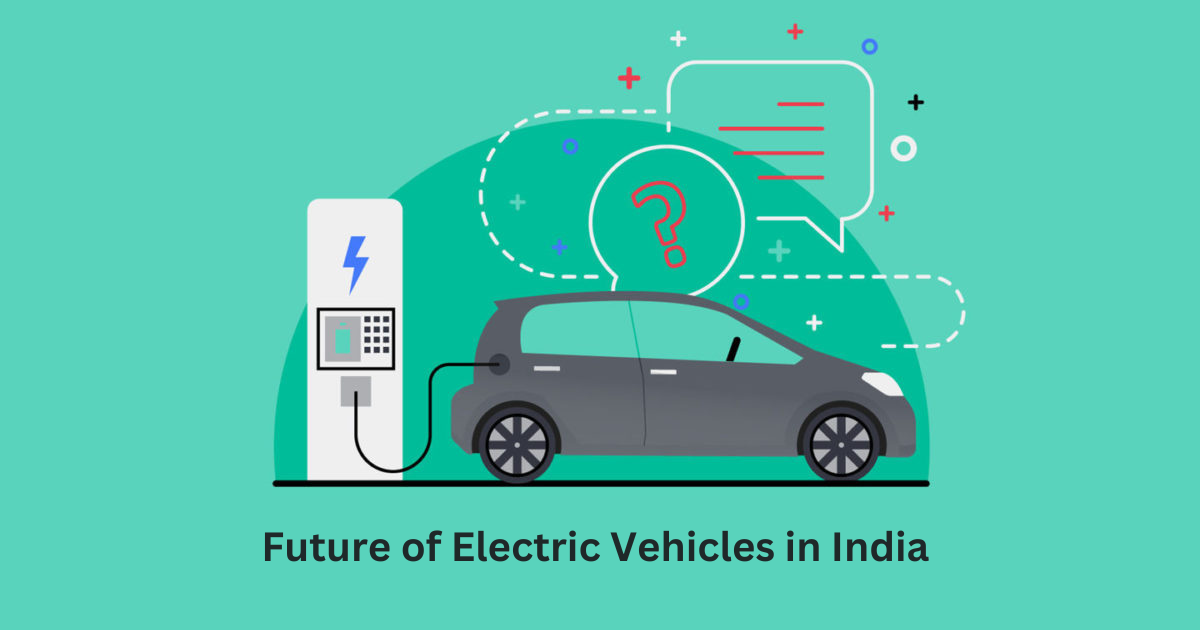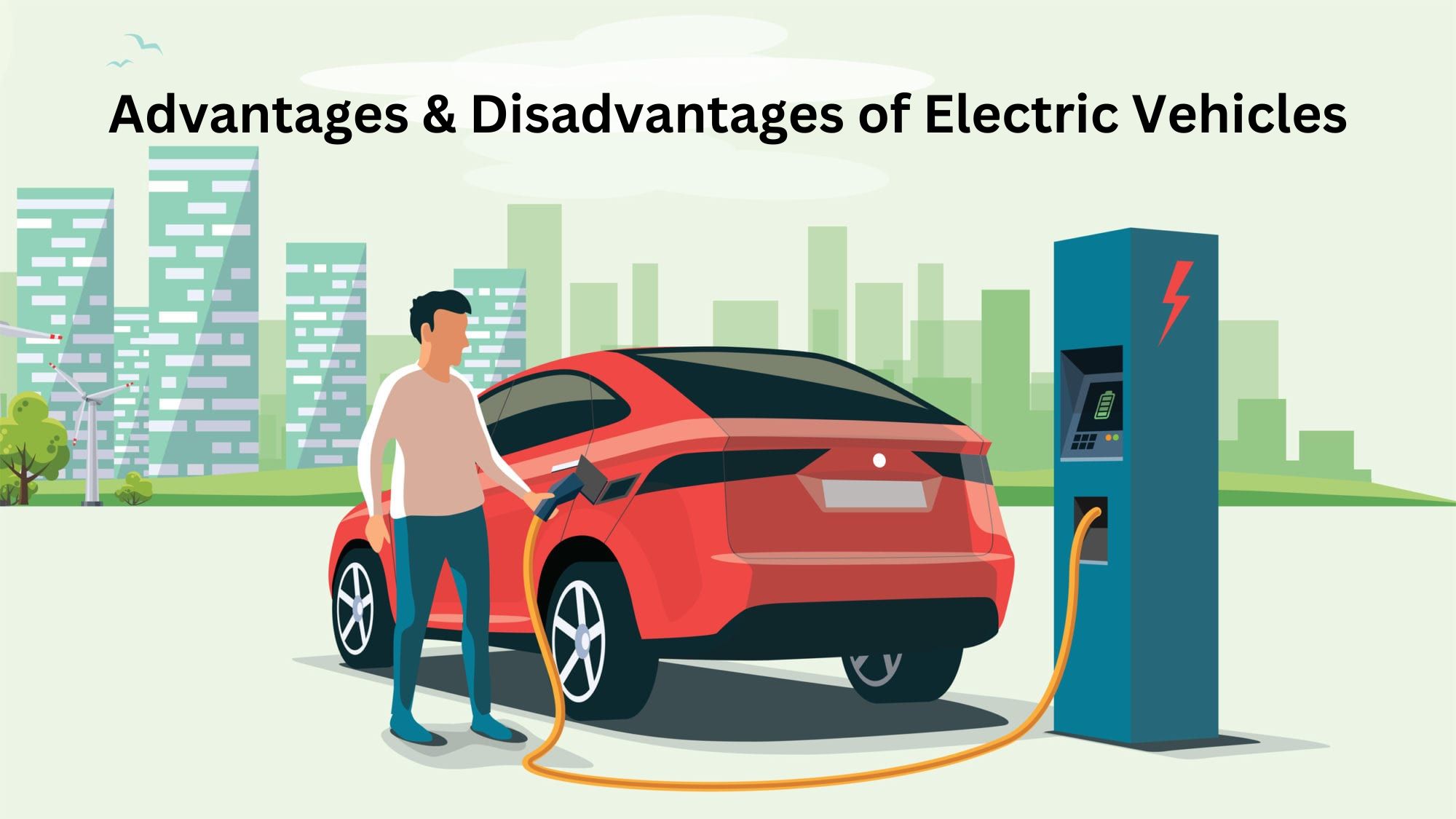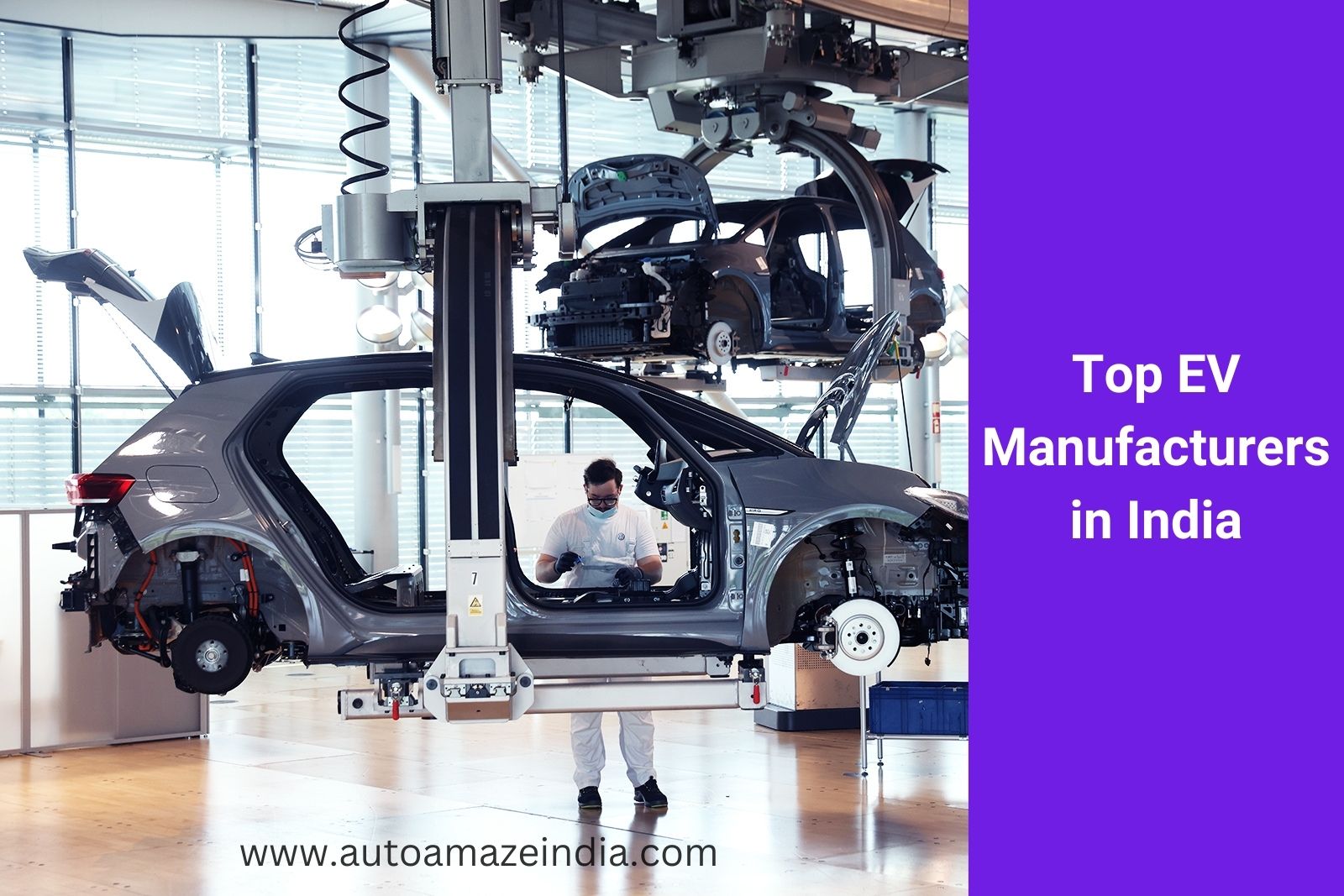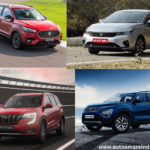
Table of Contents
The future of electric vehicles in India appears to be both exciting and transformational, as the country aims for a greener and more sustainable transportation future. With increased environmental concerns and growing pressure to reduce carbon emissions, electric vehicles (EVs) have emerged as the ray of hope for cleaner mobility alternatives. India’s commitment to electric mobility is reflected in a number of government Initiative, policy frameworks, and significant financial incentives targeted at increasing EV adoption.
As the country moves closer to an electric future, substantial advances in battery technology, charging infrastructure, and vehicle design can be seen. Key industry leaders and inventors are working tirelessly to transform the electric vehicle landscape, making EVs more accessible, inexpensive, and easy for the general public. In this article, we look at the current condition of electric vehicles in India, analyse the government’s strategic actions, and look at developing patterns that point to a bright and sustainable future for EVs in the country

Advantages of Electric Vehicles in India
- Environmental Friendliness: EVs are free of tailpipe emissions, which reduces air pollution and greenhouse gas emissions. Using electric vehicles helps to battle climate change and improve city air quality.
- Cost Savings: While the upfront cost of EVs may be higher, they offer substantial long-term savings. Electricity is generally cheaper than petrol or diesel, and EVs have lower maintenance costs due to fewer moving parts
- Energy Security: While EVs have a greater initial cost, they provide significant long-term savings. Electricity is often less expensive than petrol or gasoline, and EVs require less maintenance due to fewer moving components.
- Reduced Noise Pollution: Electric vehicles operate silently, contributing to quieter and more peaceful urban environments
- Job Creation: The growth of the EV industry stimulates job creation in various sectors, including manufacturing, charging infrastructure, and renewable energy development.
Disadvantages of Electric Vehicles in India
It is critical to recognise the possible difficulties associated with this change. While electric mobility has many advantages, it also has certain drawbacks that must be considered. Let us look at the major disadvantages of electric Vehicles in India
- Limited Charging Infrastructure: The existing charging infrastructure for EVs in India is not as extensive as that for petrol outlets, causing potential buyers to be concerned about range anxiety. Compared to typical internal combustion engine vehicles, electric vehicles often have a higher initial cost, which may prevent price-sensitive buyers.
- Charging Time: Charging an EV takes more time than refuelling a conventional vehicle, impacting the convenience of long-distance travel
- Range Limitations: Some EV models have limited ranges on a single charge, making them less suitable for extensive travel without frequent charging stations.
- Electricity Source: While EVs produce zero emissions during operation, the environmental impact depends on the electricity source. If the electricity comes from fossil fuel-based power plants, indirect emissions may still occur
- Disposal of Batteries: Proper disposal or recycling of used EV batteries is crucial to avoid potential environmental hazards
- Limited Model Options: The range of available EV models in India might be limited compared to traditional vehicles, affecting consumer choices

Electric Vehicle (EV) manufacturers in India: Cars & Bikes
- Tata Motors: A pioneering force in the Indian automotive industry, Tata Motors has made significant strides in the electric vehicle segment. With models like the Tata Nexon EV and Tigor EV, the company is committed to sustainable mobility solutions.
- Mahindra & Mahindra: A frontrunner in the electric vehicle market, Mahindra & Mahindra recently launched XUV 400. Their dedication to electric mobility is evident through strategic partnerships and investments in cutting-edge technology
- Hyundai India: Hyundai has been quick to embrace the future of electric vehicles in India. The Kona Electric and IONIQ 5 with its impressive range and features, has gained popularity among eco-conscious consumers
- MG Motors: MG Motors has made a mark in the Indian EV market with the MG ZS EV. With its focus on innovation and sustainability, the company aims to drive the adoption of electric mobility in the country
- Ather Energy: Ather Energy is an indigenous electric scooter manufacturer that has garnered attention for its technologically advanced offerings, like the Ather 450X and 450 Plus, setting new standards for electric scooters in India
- Ola Electric: Known for its ride-hailing services, Ola Electric is also venturing into electric two-wheelers. With plans to launch the Ola S1 electric scooter, the company aims to contribute to the Future of Electric Vehicles in India.
Is India Ready Electric Vehicles?
Electric vehicles (EVs) have emerged as a promising alternative to battle climate change and reduce pollution as the globe changes its focus to sustainable transportation. Everyone is wondering if India, with its diversified environment conditions and rising population, is actually prepared to embrace the electric vehicle revolution.
The good news is that India has made great progress towards establishing itself as a leader in the future of electric vehicles. Through several efforts, the government has provided its commitment to green transportation by offering financial incentives, subsidies, and favourable laws to encourage EV adoption. This encouragement has piqued the interest of manufacturers and investors, resulting in an increase in the number of electric car alternatives on the market.
However, there are still obstacles to overcome. The availability and accessibility of charging infrastructure is a big challenge. While attempts have been made to provide charging stations in metropolitan areas, a large and robust network is required to cater to long-distance travel and isolated places.
Likewise, consumer awareness and education are critical in boosting EV adoption. Many prospective consumers are still concerned about the technology, range anxiety, and overall cost-effectiveness of electric vehicles versus regular automobiles.
Furthermore, India’s production capacity must be expanded to satisfy the growing demand for electric vehicles. As the industry grows, more investment in battery technology research and development is required to increase EV performance and affordability.
Conclusion
The Future of Electric Vehicles in India is going to be greatly affected by electric cars and bikes, and the Indian government has set a target of 30% electric vehicles on the road by 2030.
Also read: Automotive Industry in India 2023





